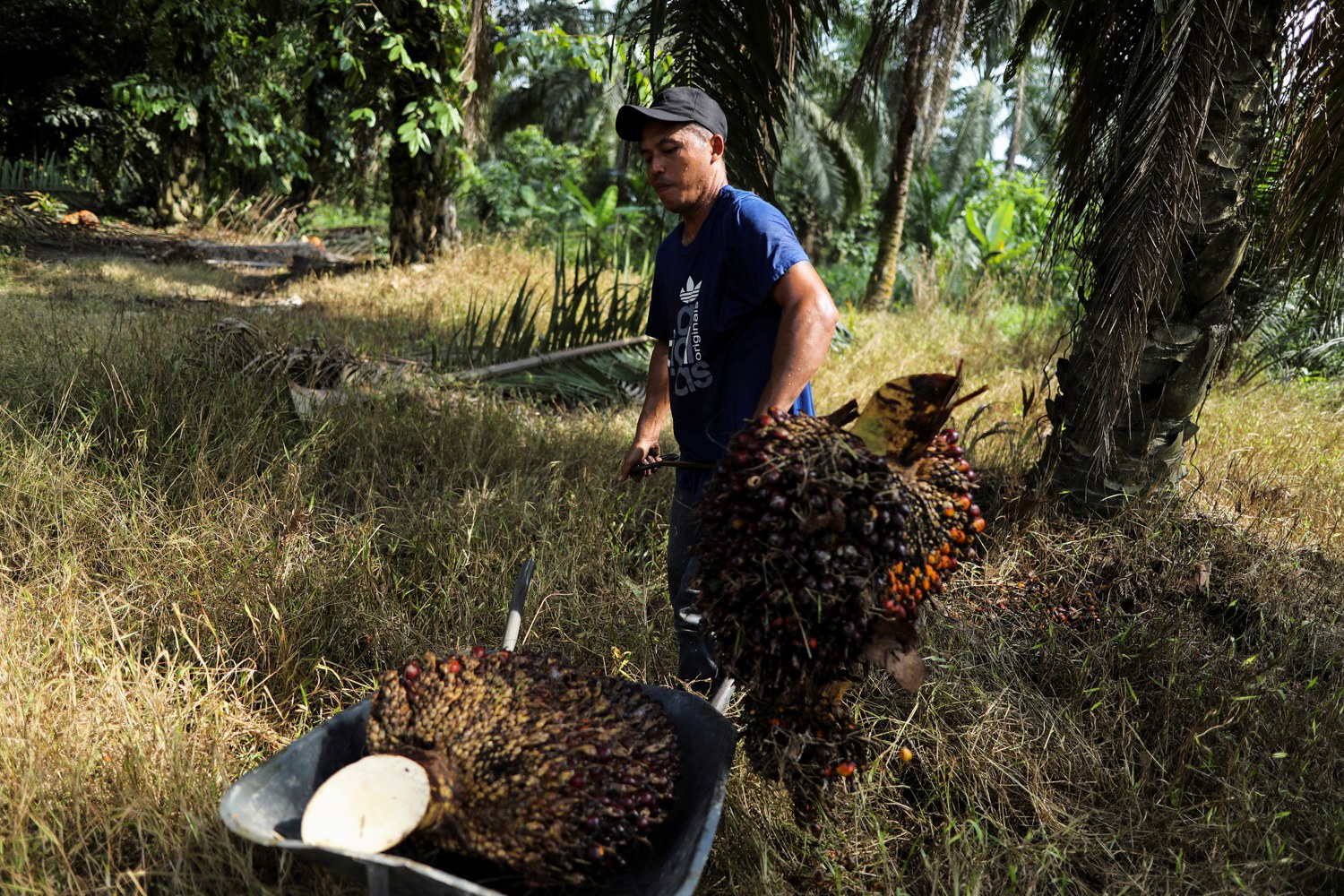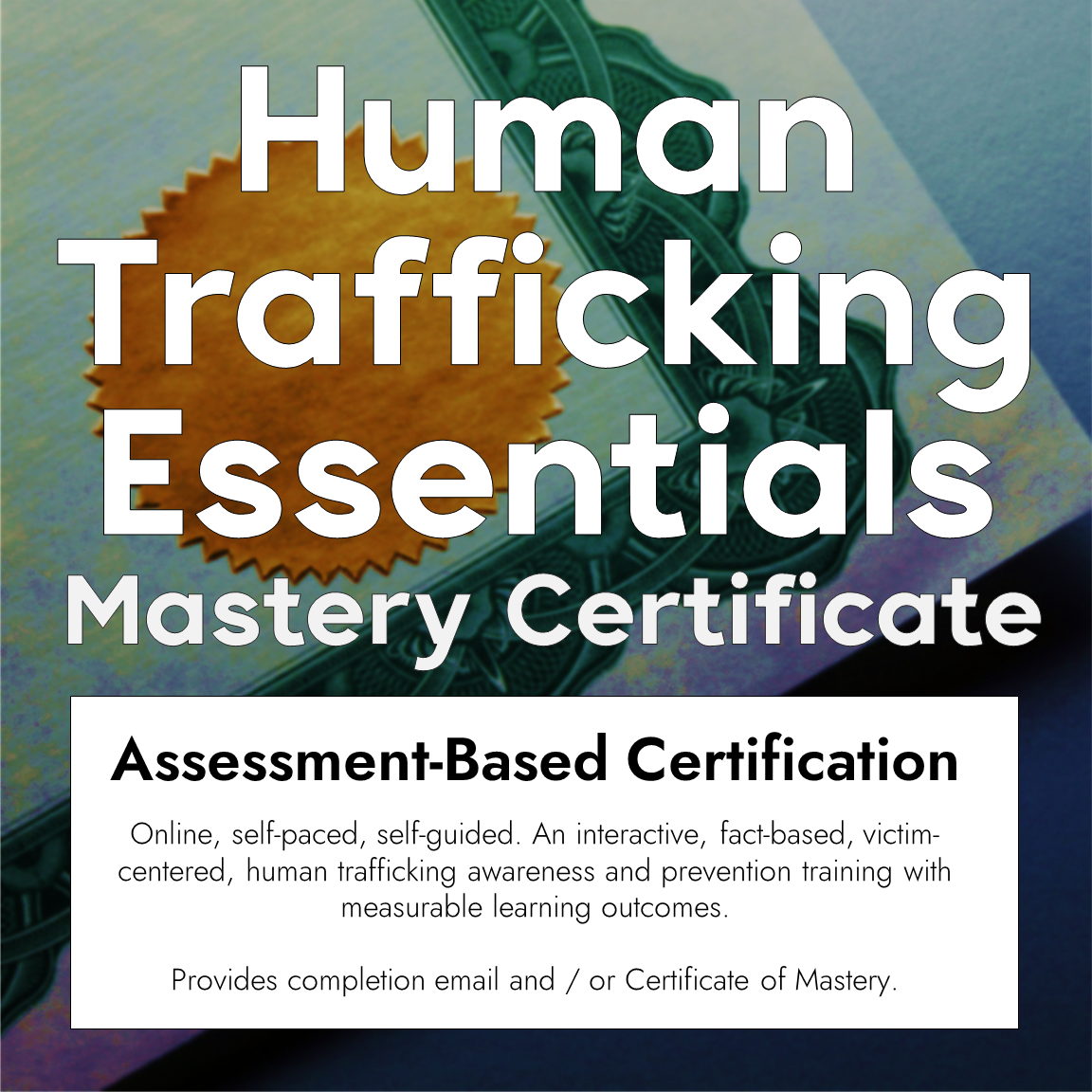Agency: 100 migrants from one Indonesian province have died abroad in 2023

Illness and overwork have been blamed for the deaths this year of 100 migrants who ventured abroad from one eastern Indonesian province, the national workers' protection agency said Wednesday.
Ninety-seven of them had died since Jan. 1 in neighboring Malaysia, while the rest died in Laos, Papua New Guinea and Gabon, according to Benny Rhamdani, who heads the government's Indonesian Migrant Workers Protection Agency.
The workers who died in Malaysia were mostly employed in the palm oil industry, he said. They had to endure long hours of hard work including clearing fields, cutting grass and carrying heavy loads of palm fruits.
“They work excessively beyond the normal limit. They work like slaves if they are illegal because it is akin to modern slavery,” he told BenarNews.
The 100 who died were among nearly 600 undocumented migrants who had left their homes in impoverished East Nusa Tenggara province in 2023 to find jobs overseas.
“They were all illegal workers,” Benny said of those workers who had died.
Before leaving Indonesia most of them suffered from chronic diseases such as kidney, lung and heart problems as well as tuberculosis. But many did not know about their health conditions because they did not undergo medical exams before departing, Benny said.
He also suspected that some of the workers were victims of human trafficking, but he did not provide any evidence or details.
East Nusa Tenggara, with a poverty rate of nearly 20%, is one of the country's poorest provinces, according to the Central Bureau of Statistics.
The provincial office of the migrant workers agency said that 5,098 people had left East Nusa Tenggara to work in 20 countries from 2017 to 2023. Of that number, nearly 80% worked in Malaysia.
An estimated 9 million Indonesians who work in other countries have sent billions of U.S. dollars in remittances back home every year. Many are employed in low-skilled sectors such as domestic service, construction and agriculture in Malaysia, Singapore and Saudi Arabia.
The migrants often face exploitation, abuse and trafficking by unscrupulous brokers and employers who take advantage of their lack of legal protection and documentation. Many end up in debt bondage, forced labor or sexual exploitation.
The protection agency said that in the past three years, about 2,300 migrant workers from throughout the nation had died abroad.
Signed agreements
Indonesia has signed agreements with some destination countries to regulate the recruitment and placement of migrants, but some of the workers go abroad through illegal channels or overstay their visas.
Judha Nugraha, director of Indonesian Citizen Protection at the Foreign Ministry, said he did not know the number of migrant workers from East Nusa Tenggara in Malaysia.
“Many Indonesian migrant workers do not report themselves to the Indonesian representative offices because of their undocumented status,” he told BenarNews.
Not all undocumented workers were victims of human trafficking, he said.
Indonesian law defines human trafficking as an act of sending, transferring or receiving a person by means of threat of violence, use of violence, abduction, detention, forgery, fraud, abuse of power, debt bondage or giving payment or benefit so as to obtain consent from a person who has control over another person.
Hermono, the Indonesian ambassador to Malaysia who uses one name, said there must be a clear basis before the deceased workers could be classified as victims of human trafficking.
“What is the basis for concluding that they are victims of human trafficking? Who determines that they are victims of human trafficking?” he told BenarNews.
While officials had no information linking the dead to such crimes, the government's task force on human trafficking said it had arrested 962 suspects and rescued 2,549 victims since June.
Wahyu Susilo, director of Migrant Care, an NGO advocating for migrant workers' rights, criticized Benny for branding the deceased migrants as illegal.
“That is an excuse to evade responsibility,” Susilo told BenarNews, adding that the law mandated that all migrant workers be protected regardless of their immigration status.
He said many migrants were undocumented because of the bureaucratic and costly placement process.
“They cannot shirk responsibility by saying that all who died were undocumented and blame the victims,” he said.
This “Eyes on Trafficking” story is reprinted from its original online location.
Fair Use Notice: The PBJ Learning Knowledge Vault is dedicated to advancing understanding of various social justice issues, including human trafficking and related topics. Some of the material presented on this website may contain copyrighted material, the use of which has not always been specifically authorized by the copyright owner. We are making such material available in our efforts to promote education and awareness of these important issues. There is no other central database we are aware of, so we put this together for both historical and research purposes. Articles are categorized and tagged for ease of use. We believe that this constitutes a ‘fair use' of any such copyrighted material as provided for in section 107 of the US Copyright Law. In accordance with Title 17 U.S.C. Section 107, the material on this site is distributed without profit to those who have expressed a prior interest in receiving the included information for research and educational purposes. For more information on fair use, please visit: “17 U.S. Code § 107 – Limitations on exclusive rights” on Cornell Law School's Legal Information Institute.

ABOUT PBJ LEARNING
PBJ Learning is a leading provider of online human trafficking training, focusing on awareness and prevention education. Their interactive Human Trafficking Essentials online course is used worldwide to educate professionals and individuals how to recognize human trafficking and how to respond to potential victims. Learn on any web browser (even your mobile phone) at any time.
More stories like this can be found in your PBJ Learning Knowledge Vault.
EYES ON TRAFFICKING
This “Eyes on Trafficking” story is reprinted from its original online location.
ABOUT PBJ LEARNING
PBJ Learning is a leading provider of online human trafficking training, focusing on awareness and prevention education. Their interactive Human Trafficking Essentials online course is used worldwide to educate professionals and individuals how to recognize human trafficking and how to respond to potential victims. Learn on any web browser (even your mobile phone) at any time.
More stories like this can be found in your PBJ Learning Knowledge Vault.

